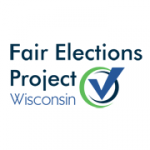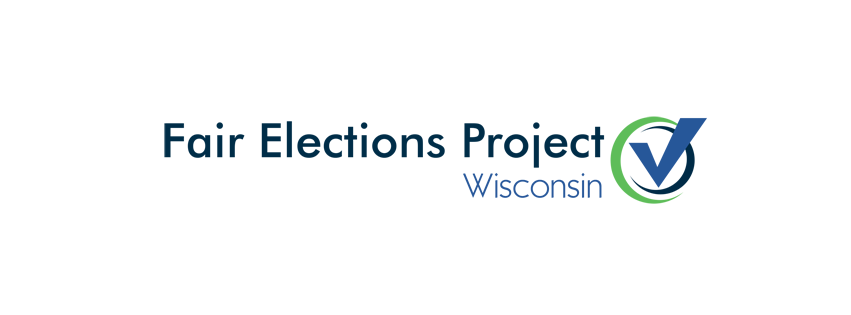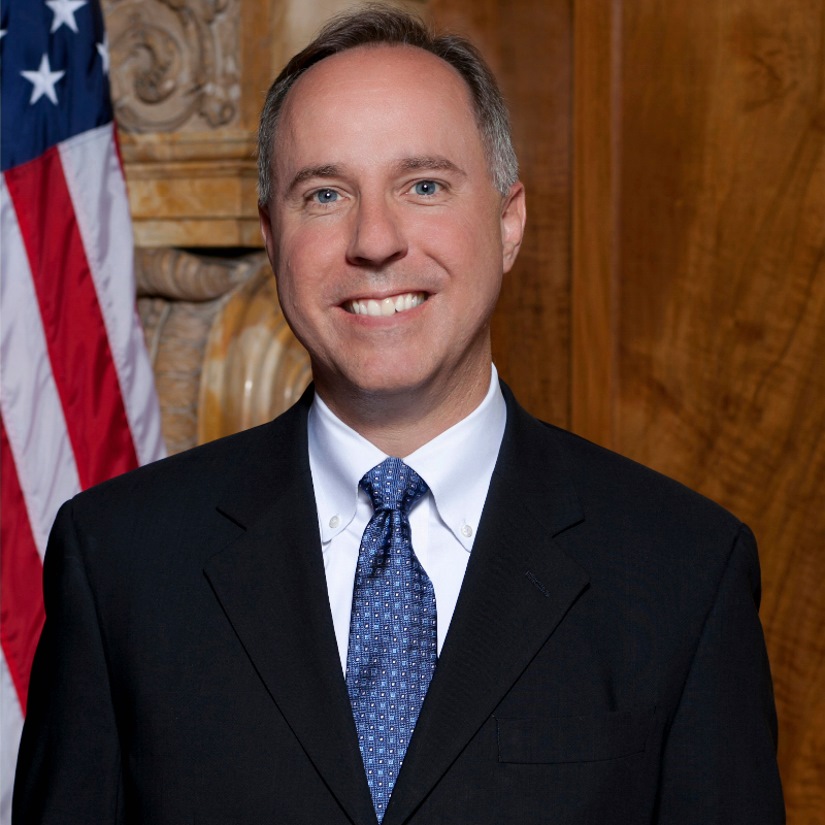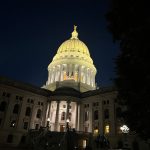Fair Elections Project calls for fair map drawing process to continue
State tries to win by delay what they couldn’t win on the law
MADISON—Wisconsin fair elections advocates blasted legislative leaders and the attorney general today for trying to stay a decision to implement new, constitutionally valid maps for legislative districts in Wisconsin, as lawyers for the citizen respondents filed a brief at the U.S. Supreme Court in opposition to the state’s request for delay.
“The federal trial court found that Wisconsin citizens’ rights were violated and that the only solution was a new district maps in time for the 2018 election,” said Sachin Chheda, director of the Fair Elections Project, which organized and launched the lawsuit. “This request in front of the Supreme Court isn’t designed to help the people of Wisconsin, it’s designed to help the party in power stay there even through unconstitutional means.”
After determining in the landmark case Whitford v Gill that the Wisconsin legislative district maps were an unconstitutional partisan gerrymander, a federal trial panel ordered the legislature and governor to draw new maps by November of this year – one year before scheduled elections in November 2018. The state has now asked the Supreme Court for a delay.
The respondents said in their brief today, “[T]he court thoughtfully weighed the equities, unanimously concluding that ‘the people of Wisconsin already have endured several elections under an unconstitutional reapportionment scheme’ and ‘[i]f they are to be spared another such event, a new map must be drawn in time for the preparatory steps leading up to the election, such as candidate petition circulations in mid-Spring 2018.’ J.S. App. 321a.”
“Enough time is needed for the election process to unfold fairly, because there are primary elections in August, candidates need to circulate signatures to get on the ballot, campaigns need to be organized and people need to know where the districts are to even decide to run,” said Chheda. “The trial panel imposed a cautious, reasonable order, that fairly balances the potential harm to citizens in potentially going through another election cycle with unconstitutional maps. Even the dissenting judge from the trial verdict signed on to the order.”
“I’ve been in Wisconsin politics a long time, and people out on the streets and on the farms do not think what happened in 2011 is fair,” said Dale Schultz, a Republican former state senate majority leader who co-chairs the Fair Elections Project. “The legislative leadership needs to move on and, as I’ve said before, redraw the maps in a way the public can participate and feel confident in the result.”
“At every step, the Attorney General and the Legislature are trying to keep power rather than ensure we have fair elections,” said Tim Cullen, a Democratic former state senate majority leader who serves as the other Fair Elections Project co-chair. “It’s a waste of taxpayer dollars to continue to defend this corrupt, unfair, unconstitutional map, and any further delay is an affront to democracy.”
The request for stay comes alongside the state’s appeal of a federal verdict in November that ruled that Wisconsin’s legislative maps are unconstitutional, granting victory to 12 Wisconsin Democrats who filed suit more than a year earlier. This was the first time a map has been overturned by a federal court for being gerrymandered for political reasons in over thirty years. The court subsequently ordered new maps to be drawn by November 2017, in order to be utilized for the 2018 elections, and enjoined further use of the maps passed in 2011.
Originally filed in July 2015, the lawsuit demanded the district maps for the state Legislature be thrown out, calling the line-drawing process “secretive” and “partisan,” and the maps unconstitutional for overly advantaging one party. The lawsuit fulfills a call issued by the U.S. Supreme Court in previous cases for a standard to measure how much partisan gerrymandering is allowable, and shows how Wisconsin’s map is far outside acceptable redistricting norms. A trial was conducted in front of the federal panel in Madison in May, in which new evidence was detailed that described the secret, illicit process used to draw the maps. Testimony in the trial detailed the lengths the legislative majority went to in order to bias the maps and then hide their efforts from the public.
The citizens’ legal team is led at the Supreme Court appeal stage by Paul Smith, Vice President of Litigation and Strategy at the Campaign Legal Center. Attorneys Peter Earle of Milwaukee and Doug Poland of Rathje & Woodward in Madison led the trial team, which was coordinated by Ruth Greenwood of the Campaign Legal Center, along with other CLC attorneys, University of Chicago Law Professor Nicholas Stephanopoulos and Michele Odorizzi of Mayer Brown in Chicago. The Supreme Court appeal team has added Jessica Amunson of Jenner & Block in New York City as well. The case is now known as Gill v Whitford.
More information about the lawsuit and campaign can be found at the Fair Elections Project website at fairelectionsproject.org, at Facebook.com/wifairelections, and on Twitter at @WIFairElections and @FairElections.
NOTE: This press release was submitted to Urban Milwaukee and was not written by an Urban Milwaukee writer. While it is believed to be reliable, Urban Milwaukee does not guarantee its accuracy or completeness.
Mentioned in This Press Release
Recent Press Releases by Wisconsin Fair Elections Project
Fair Elections Project Applauds Judicial Panel’s Selections for the People’s Maps Commission
Sep 11th, 2020 by Wisconsin Fair Elections ProjectNonpartisan redistricting commission charged with drawing fair, impartial maps based on Census data
Two-thirds of Wisconsin counties endorse reform for redistricting process
Oct 1st, 2019 by Wisconsin Fair Elections ProjectSheboygan County Board passes resolution 20-4 to become 48th county to call for Fair Maps
Statement on WI Assembly Speaker Robin Vos’ refusal to testify under oath on map-rigging
Mar 20th, 2019 by Wisconsin Fair Elections Project"It’s time to return power to the people, and make our redistricting process nonpartisan and independent."






















